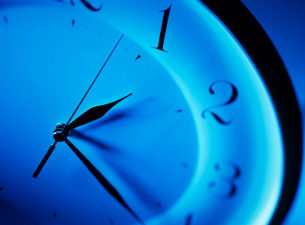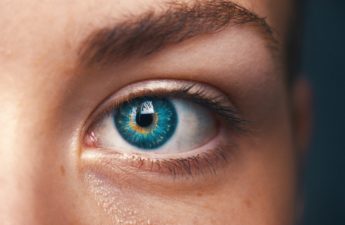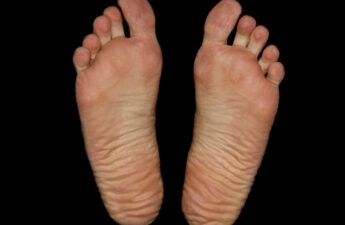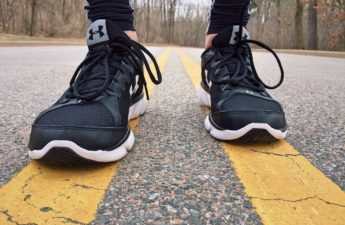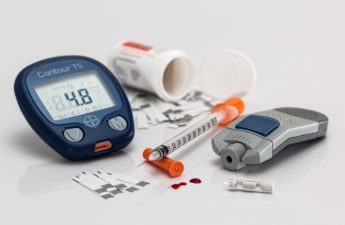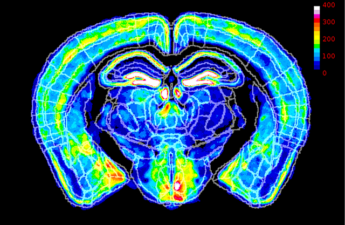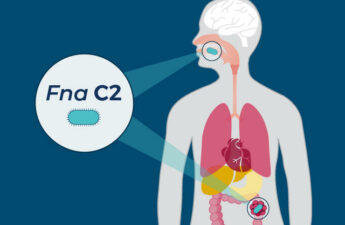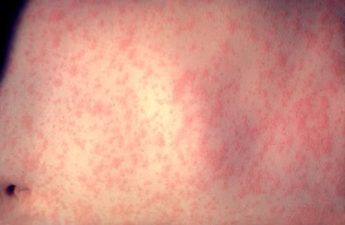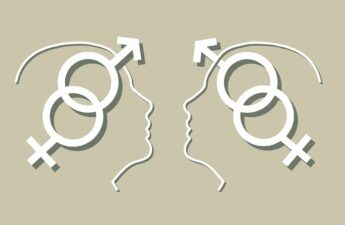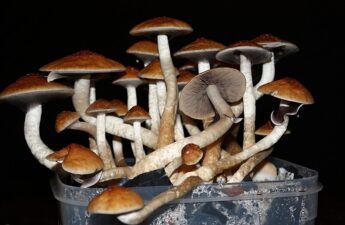Since 2020, gun violence has overtaken motor vehicle crashes to become the leading cause of death for children and adolescents aged 1 to 19 in the United States — a change mainly driven by homicides.
Book Review: A New Chapter in the Quest for a Longer Life
Humans may be unique among animals in our ability to understand and anticipate death, and ever since we evolved into this awareness, we’ve struggled to accept it. We espouse religious beliefs about reincarnation or the everlasting immortal soul, we attempt to live on through offspring and legacy, and, of course, since antiquity, we have searched for eternal life.
You’ve covered your copayment; now brace yourself for the ‘facility fee’
States are going after the surprise charges tacked on by hospitals that own outpatient centers.
Do implicit bias trainings on race improve health care?
There is increasing evidence that implicit bias – non-conscious attitudes toward specific groups – is a source of racial inequities in certain aspects of health care, and lawmakers are taking note.
Nearsightedness is at epidemic levels – and the problem begins in childhood
Researchers estimate that about half of the global population will need corrective lenses to offset myopia by 2050.
What if flat feet were…normal? Debunking a myth about injuries
Asymptomatic flat feet generally do not require the intervention of health professionals. Based on current scientific knowledge, assessing whether a person has flat feet to determine their risk of injury is ineffective and counterproductive.
Infections after surgery are more likely due to bacteria already on your skin than from microbes in the hospital − UW researchers find
Research comparing bacteria in the microbiome – those colonizing our noses, skin and other areas of the body – with the bacteria that cause pneumonia, diarrhea, bloodstream infections and surgical site infections shows that the bacteria living innocuously on our own bodies when we’re healthy are most often responsible for these bad infections when we’re sick.
Why you shouldn’t be afraid to start running after middle age
Alister Hart, UCL As someone who started marathon running in mid-life, I know how many aches and pains (and doubts) you can have if you take on the challenge to start running at an older age. But as an orthopaedic…
Type 2 diabetes is not one-size-fits-all: Subtypes affect complications and treatment options
To better serve people living with Type 2 diabetes, and to move away from a “one size fits all” approach, it is beneficial to understand which subtype of Type 2 diabetes a person lives with. This article explores four unique subtypes of Type 2 diabetes, shedding light on their causes, complications and some of their specific treatment avenues.
X-chromosome inactivation may reduce autism risk, UW study finds
In mice, the pattern of X-chromosome inactivation in female brains altered the effect of a mutation linked to the disorder.
Census change will lead to more data on health of Middle Eastern, North African people in US
For decades, U.S. residents with heritage from the Middle East and North Africa, which is known internationally as the MENA region, have been classified by the government as white. The grouping masked differences in income, health, housing and other important markers.
Scientists Link a Single Type of Bacteria to Colorectal Cancer
“It sounds scary, but this is good information to have,” said Susan Bullman, Ph.D., of Fred Hutch Cancer Center, who co-led the study. “Microbes are manipulatable—you can target them. So [as] we see that this microbe is getting to tumors and may be contributing actively to disease progression, we can harness that information and think about how to prevent that.”
PUBLIC HEALTH MONITORING MEASLES EXPOSURE AMONG INTERNATIONAL TRAVELERS VISITING SEATTLE
Last week that a group of international travelers visiting Seattle were exposed to an individual with measles prior to arriving in Seattle. Currently, there are no cases of measles among the group (or within King County), but Public Health — Seattle & King County is monitoring the situation closely.
Transgender regret? Research challenges narratives about gender-affirming surgeries
Harry Barbee, Johns Hopkins University; Bashar Hassan, Johns Hopkins University, and Fan Liang, Johns Hopkins University You’ll often hear lawmakers, activists and pundits argue that many transgender people regret their decision to have gender-affirming surgeries – a belief that’s been…
Psychedelics could make mental health worse in people with a personality disorder
Various personality disorders might respond differently to psychedelics. For instance, people with histrionic personality disorder (excessive attention-seeking and emotional overreaction) or borderline personality disorder (emotional instability, intense relationships and fear of abandonment) might feel worse or more unstable. And those with schizotypal personality disorder (social anxiety, odd beliefs and eccentric behaviour) could become more paranoid. People with narcissistic personality disorder (excessive self-importance, lack of empathy, and need for admiration) may struggle with the self-reflective nature of psychedelics because they often have a hard time handling criticism.

